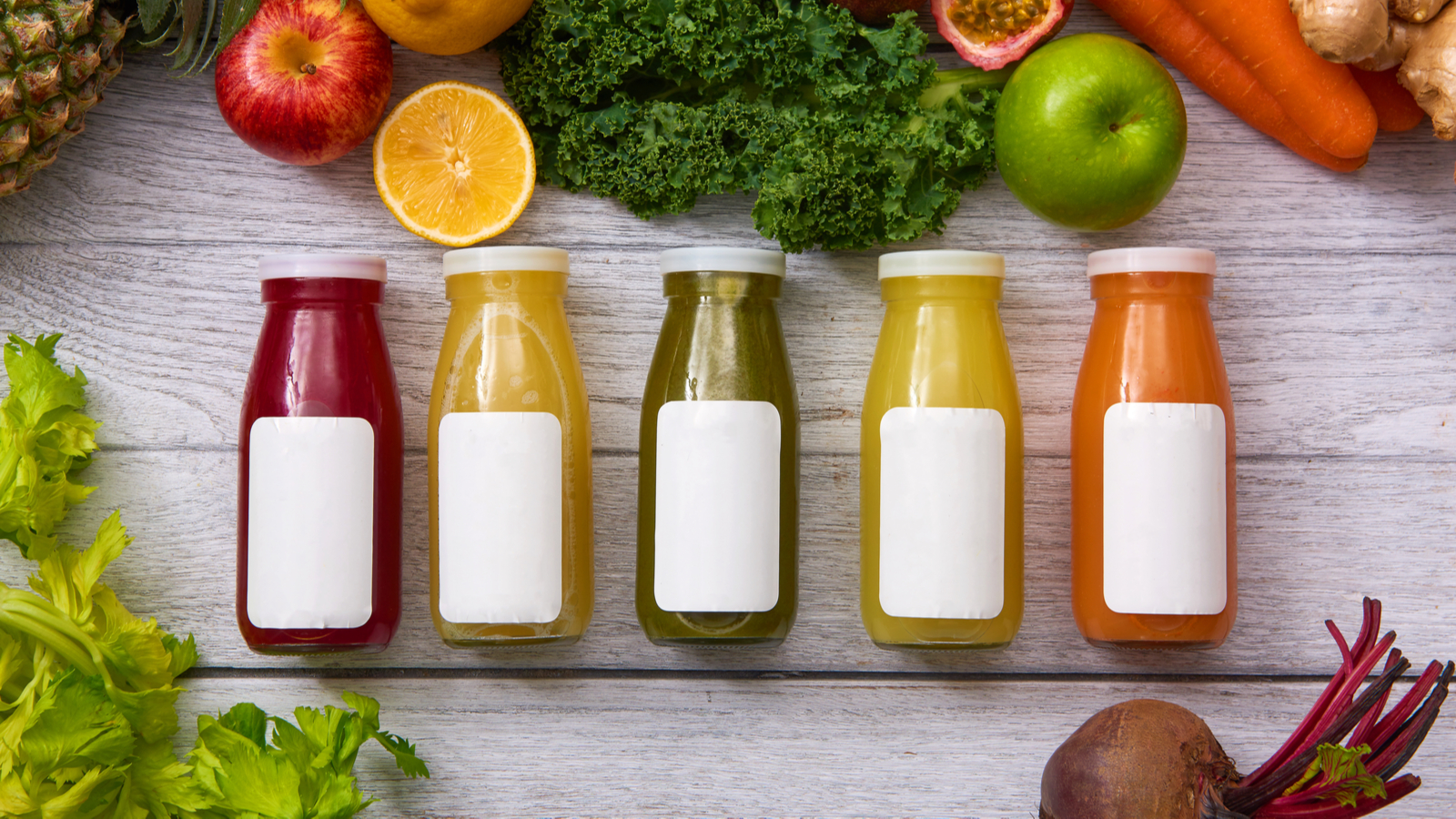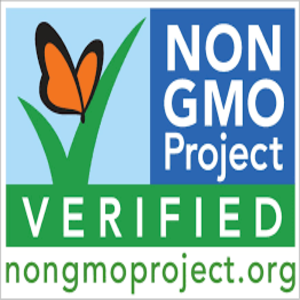

Non GMO Verified

Purpose
To build and protect a non-GMO food supply through consumer education and outreach programs, marketing support, training resources, and merchandising materials.
Applied Standards
For ingredients such as meat, dairy, eggs, and honey the diet/feed does not need to be Non-GMO Project Verified, as long as it meets our requirements. However, if it is verified, the verification process would be sped up. Meat animals (excluding poultry) must eat a non-GMO diet starting at birth. Poultry must eat a Non-GMO diet starting the second day after hatching. Dairy animals and laying hens must eat a non-GMO diet 30 days prior to verification and continuously thereafter. Honey and other bee products require documentation showing that, within a four-mile radius, the beehives are free from all high-risk commercial agriculture. Any other feeds for honey/bee products must comply with the standards. Vaccines and other veterinary inputs may be excluded from evaluation. Recombinant bovine growth hormones (rBGH)/recombinant bovine somatotropin (rBST) is not allowed for dairy production. To be Non-GMO certified, there is a requirement to test major high-risk inputs and ingredients. Crops include alfalfa, canola, corn (except popcorn), cotton, papaya, soy, sugar beet, zucchini/yellow summer squash. Animal derivatives include meat, eggs, milk, products of apiculture (e.g., Honey), products of aquaculture (e.g., Fish), gelatin, hides, and skin. "an input or ingredient derived from a testable major high-risk crop will need test results from the raw source material to prove that it is non-GMO." In some cases, canola may not-testable because different techniques may be used to modify it and only some techniques can be tested. "Microbes and microbial products are fed growth medium that contains testable high-risk inputs. The Non-GMO Project Standard requires that the microbes themselves are non-GMO, and it also requires that testable major high-risk inputs to the growth medium are tested when the microbe or microbial product is a major input or ingredient in a Verified product. Much like Non-GMO Project Verified milk must come from cows fed non-GMO feed, microbes and microbial products in a Verified product must be fed a non-GMO growth medium." Some Non-GMO testable products include enzymes, cultures and starters (including yeast), and algae from aquaculture. For these non-testable products, "the Non-GMO Project Standard requires declarations for major and minor high-risk crops, inputs, and ingredients attesting that they have not been genetically modified".
Qualifications/Disclosures
References to the Non-GMO project must be approved by a written agreement with the Non-GMO project. A product may not say “contains zero GMOs,” “GMO-free,” and “GE-free". Select products made with animal-derived, bee-produced inputs, or single compliant High-Risk Major Defining Ingredients may use a “made with” claim in accordance with specific guidelines.
Other notes
According to the Non-GMO Project Standard, a high-risk input is derived from, contains derivatives of, or is produced through a process involving organisms that are known to be genetically modified and commercially available. Major ingredients derived from high-risk crops, and other high-risk inputs such as microbes and enzymes, require testing of source material to be compliant in a Non-GMO Project Verified product. Animal-derived inputs (e.g., meat, dairy, eggs) are considered high-risk, as there may be high-risk crops in their feed. Therefore, the Non-GMO Project Standard requires that animals be fed a non-GMO diet." Examples of high-risk crops include corn, soy, canola, alfafa, sugar beets, cotton, and papya. Examples of common derivatives include lecithin, alcohols, maltodextrin, vitamins, citric acid, dextrose, vinegars, yeast, and xantham gum.
